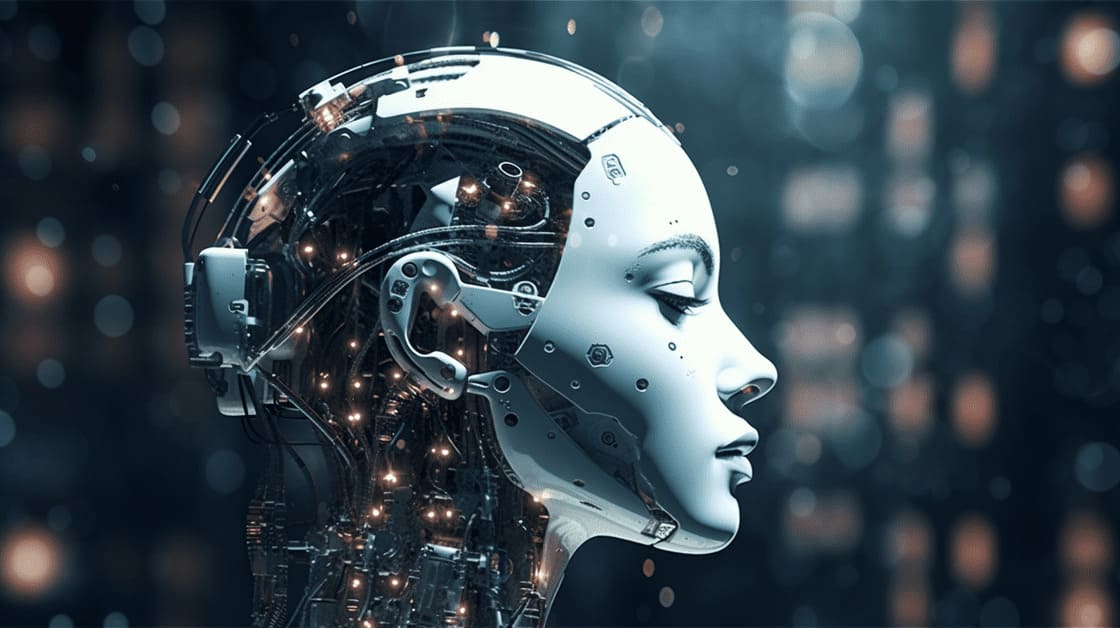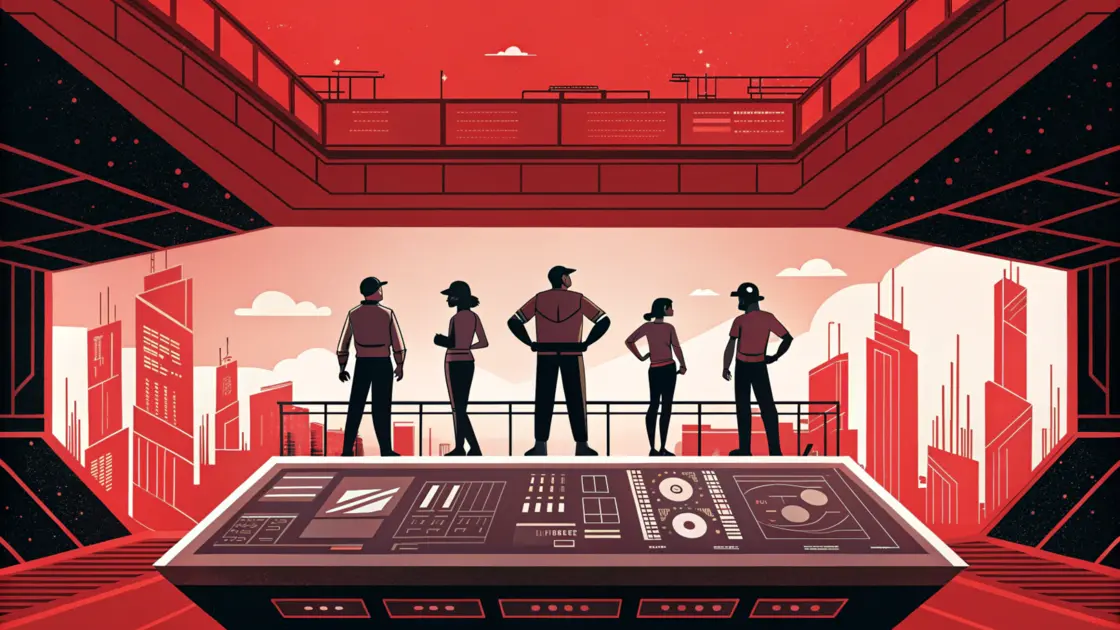
The revolutionary power of Artificial Intelligence (AI) is becoming increasingly obvious with its infiltration into numerous aspects of life. By replicating human cognition, AI enables machines to make decisions by learning and reasoning from vast quantities of data.
Self-driving vehicles, virtual personal assistants, and countless other applications stand as evidence of what AI is capable of accomplishing.
For developers, the implications of AI are particularly relevant as they fuel new opportunities and challenges, requiring developers to possess the specialized skills and knowledge needed to work with this technology.
Machine learning, natural language processing, and computer vision are just a few of the skill sets required to create AI-powered solutions. Developers are playing a major role in shaping the future of AI, and it is crucial that they understand its workings and stay informed of recent developments.
The effort of developers paves the way to harness AI for the benefit of individuals, organizations, and societies around the world.

The field of AI is constantly evolving, and there are a number of key trends that are expected to shape the future of AI. Some of the most important trends include:
AI encompasses the capacity of computers to process data and learn from it without requiring human instruction. Machine learning is a branch of AI whereby the computer uses the data it has been exposed to and builds upon past experiences to identify patterns, recognize correlations, and make predictions.
By being exposed to expansive datasets, algorithms in machine learning are able to make decisions or estimations. This technology is currently being used in multiple arenas, such as the identification of images, processing of natural language, and recognition of fraud.
Additional resources:
The field of Natural Language Processing presents novel possibilities in the artificial intelligence space that offer the ability to interact with computers utilizing natural language. This can be beneficial for a multitude of objectives, such as detecting sentiment, carrying out translations, and responding to queries.
Additional resources:

Computer vision involves the use of computers to identify and recognize visuals, analyze images, and interpret scenes. This field of Artificial Intelligence is used for a variety of purposes, such as self-driving vehicles, facial recognition systems, and medical imaging technology.
Additional resources:
Engineering in robotics focuses on the design, construction, operation, and application of robots. Robots are machines that can be programmed to complete tasks autonomously or semi-autonomously. Robots are becoming increasingly common in the fields of manufacturing, healthcare, and customer service.
Additional resources:
In addition to the four key trends mentioned above, there are several other emerging AI technologies that are anticipated to have a considerable impact in the future. These technologies include:
Utilizing artificial neural networks, deep learning is an advanced form of machine learning that enables users to extract powerful insights from large amounts of data. This methodology allows for highly advanced functions such as the identification of images and the deciphering of natural language.
Additional resources:
Generative AI is a branch of Artificial Intelligence focused on creating new data such as images, written content, and music. This type of AI can be used for image editing, content production, and product design.
Additional resources:
XAI seeks to create AI systems that can communicate their decisions in a clear and understandable manner. This can help to build trust between people and the technology, as well as provide a thorough understanding of how they work.
Additional resources:
It is among the key trends that are expected to influence the development of AI in the coming years. Furthermore, we can anticipate more amazing applications of these technologies as AI progresses.
As AI is constantly evolving, keeping up with the latest trends and practical tips might seem impossible. However, here are three best practices that developers willing to stay ahead of the curve can follow:

Developers should take advantage of the wide array of AI technologies available, including machine learning, natural language processing, computer vision, and robotics. Online courses, tutorials, and books provide ample material for mastering the required knowledge.
Machine learning lets machines evolve through data, natural language processing empowers machines to comprehend human language, while computer vision enables machines to interpret visuals. Robotics brings AI together with engineering to create autonomous machines.
By exploring online courses such as Andrew Ng's "Machine Learning" and books like "Natural Language Processing with Python" by Steven Bird and Ewan Klein, developers can master the AI domain.
These resources provide developers with the skills to produce AI software and stay at the forefront of technological innovation.
Additional resources:
Developers can acquire a deeper understanding of AI concepts and gain invaluable insights into real-world applications of AI by actively engaging in the development of AI-powered projects.
Fortunately, there is a plethora of open-source AI initiatives that allow developers to join the broader AI community and further their practical knowledge.
Contributing to these projects can involve providing code, creating improvements, or resolving difficulties in existing AI projects and offers developers the chance to gain an appreciation of industry standards, learn from different viewpoints, and sharpen their coding skills within an AI setting.
Additional resources:
Developers should take the initiative to seek out opportunities to collaborate with AI teams in order to gain invaluable experience in developing and deploying AI systems. Spending time with AI experts grants developers exposure to the dynamics of collaborative work, partnerships, and project management in the AI sector.
Moreover, working alongside experienced AI professionals provides an ideal environment for developers to learn from their expertise, understand improved techniques, and gain insight into the complexities of AI project development.
Being part of a team with knowledgeable developers helps them gain a practical grasp on topics like data preprocessing, algorithm selection, training of models, and evaluation methods. This joint effort can help developers sharpen their talents and become proficient in building reliable and efficient AI systems.
Additional resources:
Forums: AI Alignment Forum
The development of artificial intelligence (AI) technologies is rapidly accelerating, setting the stage for a future full of breathtaking possibilities. Aiding in the development and advancement of AI ensures that it is utilized for the greater good.
However, this digital transformation means that developers must be well-prepared to face the influence AI will have on jobs, the workforce, and the ethical issues associated with it.
They need to possess the requisite expertise to adjust to this changing environment and the ability to apply ethical AI practices to avoid adverse pre-programmed biases and ensure it brings positive outcomes.
By cooperatively engaging different participation groups and employing responsible techniques, developers can guide AI towards a future with positive results while minimizing any risks a large-scale implementation could bring about. Let’s get in touch to discuss future possibilities!













© 2026 Mario Lemes Medina. All Rights Reserved.